The ocean has always been a realm of mystery and wonder, where humans and marine creatures share an unspoken connection. Among these creatures, dolphins have long captured our imagination with their intelligence, playfulness, and, as many accounts suggest, their capacity for compassion. Stories of dolphins rescuing humans from perilous situations are not merely folklore; they are documented events that continue to baffle and inspire scientists and laypeople alike. These incidents raise profound questions about the nature of interspecies empathy and the bonds that can form between humans and the animal kingdom.
One of the most well-documented cases occurred in 2004 off the coast of New Zealand. A group of four swimmers found themselves encircled by a pod of dolphins. At first, the swimmers were terrified, assuming the dolphins might pose a threat. However, it soon became clear that the dolphins were acting with purpose. They herded the swimmers together, creating a protective barrier. Minutes later, a great white shark appeared nearby. The dolphins’ frantic movements and loud clicks seemed designed to keep the predator at bay. For over 40 minutes, the dolphins maintained their vigil until the shark finally retreated. The swimmers were left unharmed, their lives saved by the intervention of these remarkable animals.
Scientists have struggled to explain such behavior. Some theorize that dolphins, known for their strong social bonds, may extend their protective instincts to other species, including humans. Dolphins have been observed aiding injured or distressed members of their own pods, sometimes supporting them at the surface to prevent drowning. This instinct, they argue, could explain why dolphins occasionally intervene to help humans in danger. Others suggest that dolphins might simply be curious or playful, and their actions are misinterpreted as intentional rescue attempts. Yet, the consistency of these accounts—spanning different regions and decades—lends credibility to the idea that dolphins possess a genuine capacity for altruism.
Another striking example took place in the Red Sea in 1996. A diver named Martin Richardson was snorkeling when he was suddenly attacked by a venomous sea snake. As the snake coiled around his leg, a dolphin appeared and began striking the snake with its snout until it released its grip. Richardson later described the dolphin’s actions as deliberate and forceful, leaving no doubt in his mind that the animal had intervened to save him. Marine biologists who studied the incident noted that dolphins have been known to attack or drive away potential threats, including sharks and other predators, but this case was unusual because the dolphin targeted a creature that posed no direct threat to itself.
What makes these stories even more fascinating is the historical context. Ancient mariners often spoke of dolphins guiding lost ships to safety or protecting shipwrecked sailors from sharks. The Greek historian Plutarch wrote of dolphins showing "kindness and goodwill" toward humans, while indigenous cultures in the Pacific have legends of dolphins as guardians of the sea. Modern accounts seem to echo these ancient narratives, suggesting that the bond between dolphins and humans is not a recent phenomenon but one that has existed for centuries.
Despite the awe these stories inspire, they also raise ethical questions. Human activities, from commercial fishing to pollution, pose significant threats to dolphin populations. If dolphins are capable of such empathy toward us, what responsibility do we bear toward them? Conservation efforts have made strides in protecting these intelligent creatures, but much work remains. The stories of dolphin rescues serve as a poignant reminder of the interconnectedness of life on Earth and the moral imperative to safeguard the species that share our planet.
In the end, the phenomenon of dolphins saving humans remains one of nature’s most profound mysteries. Whether driven by instinct, curiosity, or something deeper, these acts of interspecies kindness challenge our understanding of animal behavior and our place in the natural world. They remind us that intelligence and compassion are not exclusive to humanity—and that sometimes, the most extraordinary acts of heroism come from the most unexpected places.

By /Aug 4, 2025
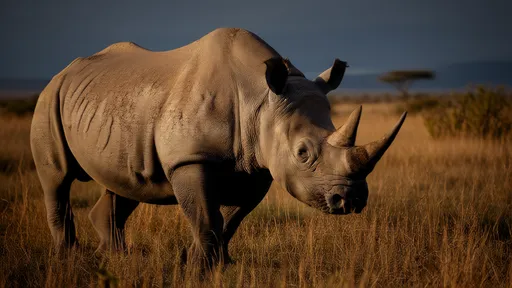
By /Aug 4, 2025
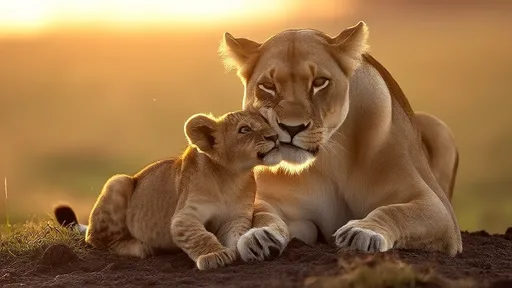
By /Aug 4, 2025

By /Aug 4, 2025
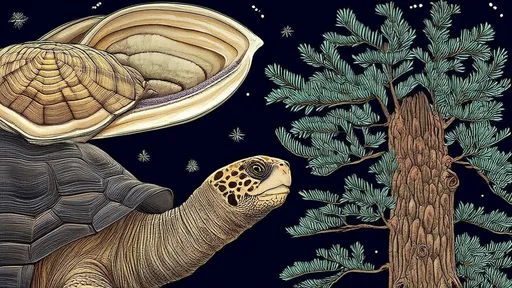
By /Aug 4, 2025

By /Aug 4, 2025

By /Aug 4, 2025
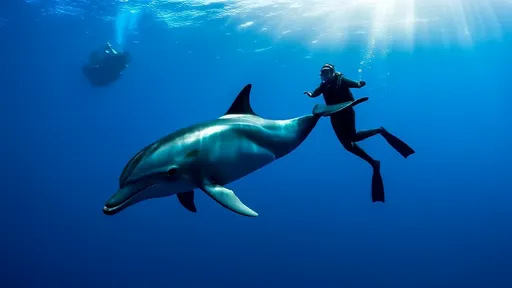
By /Aug 4, 2025
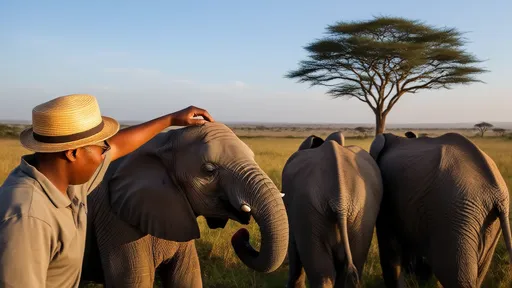
By /Aug 4, 2025

By /Aug 4, 2025
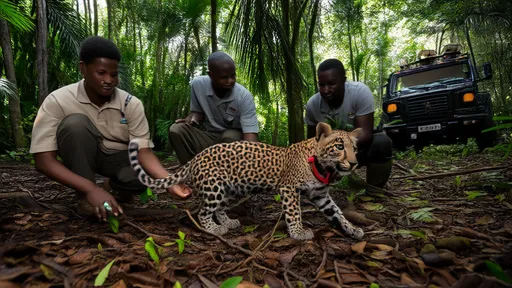
By /Aug 4, 2025

By /Aug 4, 2025
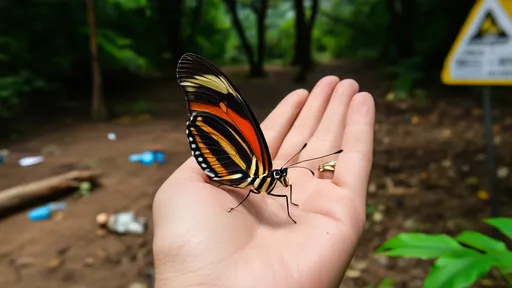
By /Aug 4, 2025

By /Aug 4, 2025
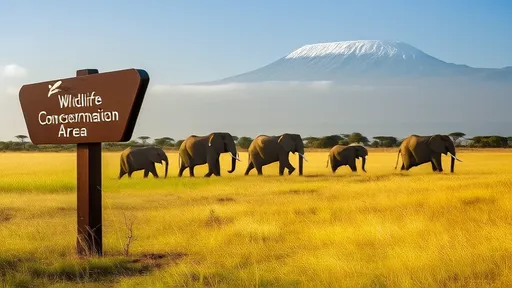
By /Aug 4, 2025
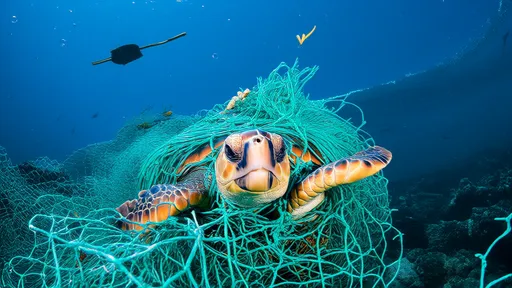
By /Aug 4, 2025
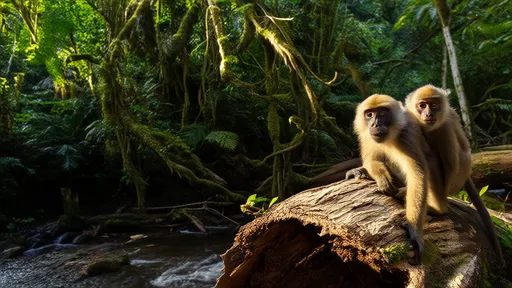
By /Aug 4, 2025

By /Aug 4, 2025
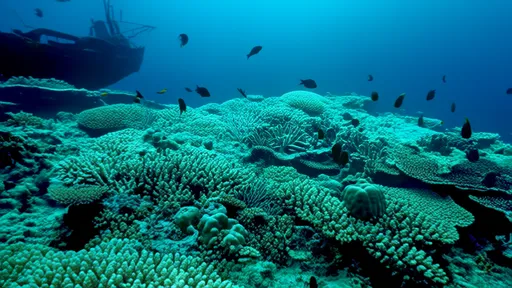
By /Aug 4, 2025
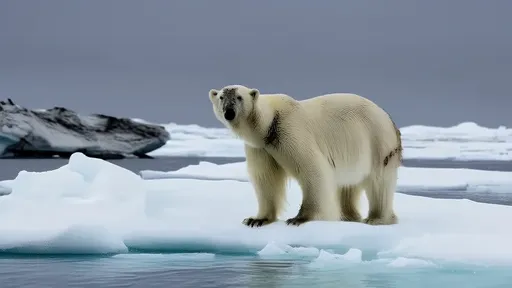
By /Aug 4, 2025